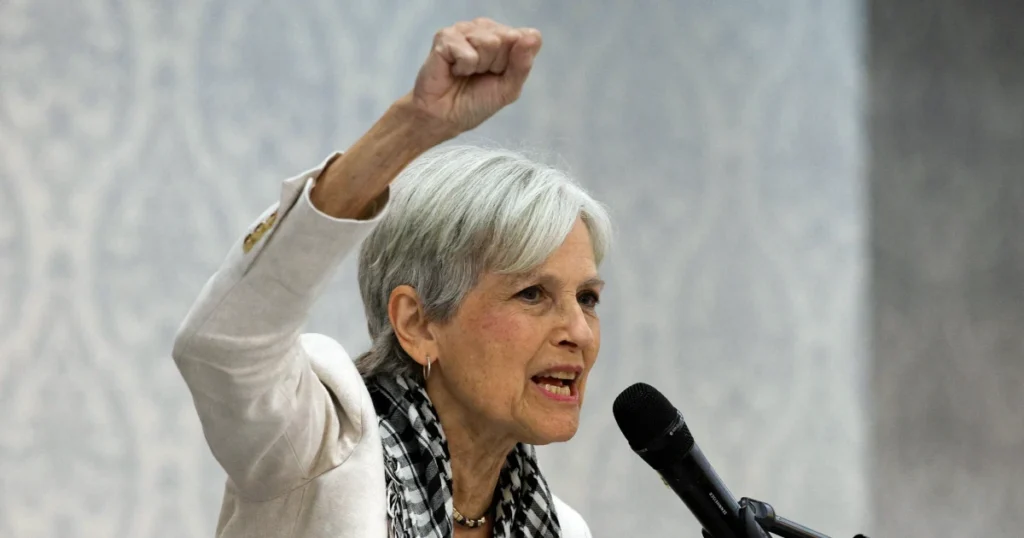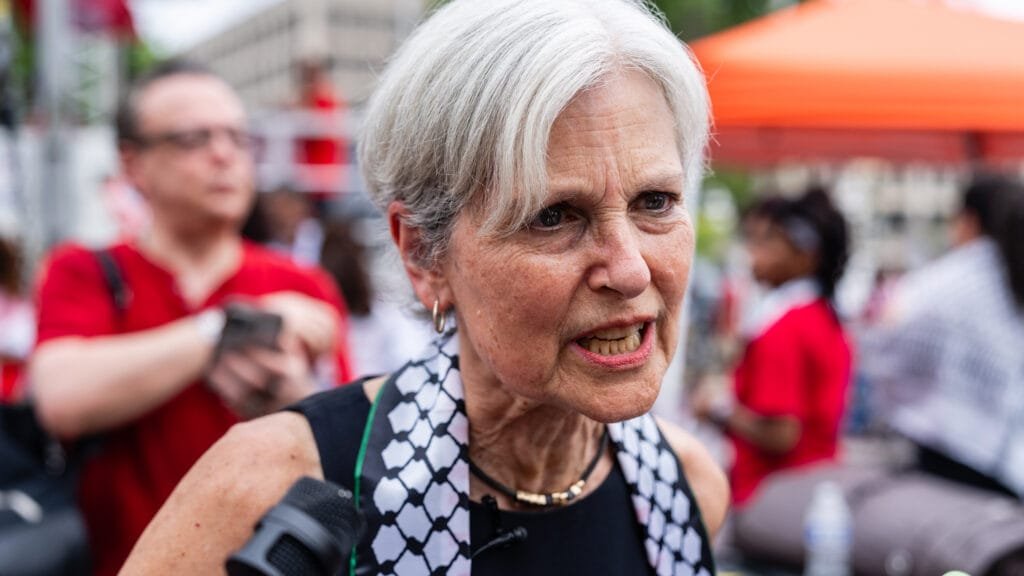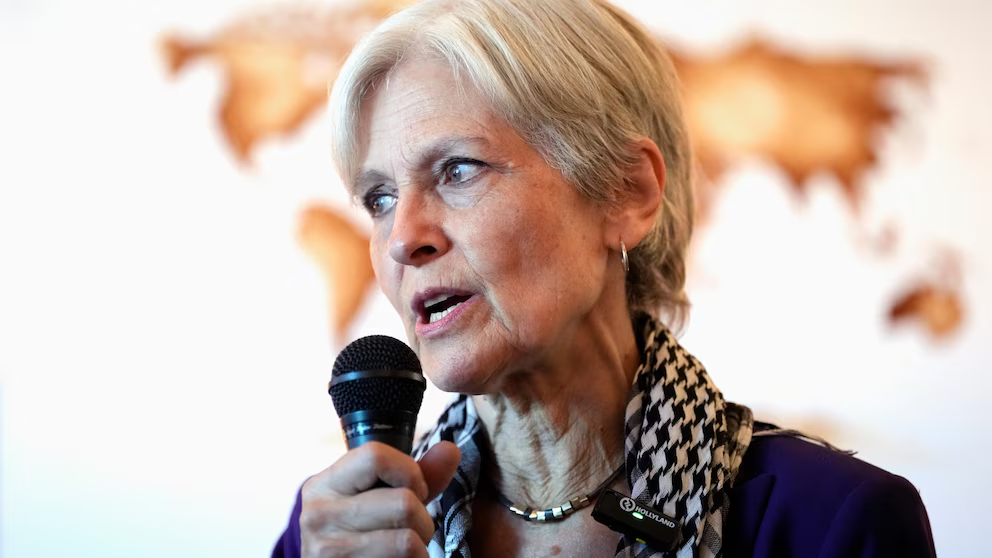Key Highlights
Jill Stein’s 2024 Candidacy: A Potential Game-Changer in the U.S. Presidential Race
As the 2024 U.S. presidential election unfolds, the re-emergence of Jill Stein as the Green Party nominee introduces a dynamic element to an already contentious race. Stein’s candidacy has sparked discussions about its potential impact on the electoral outcomes, particularly in pivotal swing states.
Background: Jill Stein’s Political Journey
Jill Stein, a physician and environmental health advocate, first entered the national political arena as the Green Party’s presidential nominee in 2012 and 2016. In the 2016 election, she garnered approximately 1.1% of the popular vote, a seemingly modest figure that nonetheless exceeded the margin of victory in critical swing states like Michigan, Pennsylvania, and Wisconsin. This outcome led to debates about the role of third-party candidates in closely contested elections.
The 2024 Election Landscape
In the current election cycle, Stein announced her candidacy on November 9, 2023, and secured the Green Party’s nomination in August 2024. Her platform emphasizes progressive policies, including an immediate ceasefire in Gaza, ending arms sales to human rights violators, and halting U.S. vetoes in the United Nations Security Council. These positions resonate with certain voter demographics, particularly those disillusioned with the two major parties.

Potential Impact on Swing States
Swing states, known for their unpredictable voting patterns, are crucial in determining the outcome of presidential elections. In 2016, Stein’s vote totals in Michigan, Pennsylvania, and Wisconsin surpassed the margins by which Hillary Clinton lost to Donald Trump, leading to discussions about her influence on the election’s result. In 2024, similar concerns arise, with both major parties closely monitoring her campaign’s traction in these battlegrounds.
Democratic Concerns and Strategic Responses
The Democratic National Committee (DNC) has expressed apprehension about Stein’s potential to siphon votes from their base. In late October 2024, the DNC allocated approximately $500,000 for a digital advertising campaign in swing states, urging voters not to support third-party candidates like Stein and independent Cornel West. These ads highlight remarks from former President Donald Trump praising Stein, suggesting that votes for her could inadvertently benefit his campaign.
Republican Perspectives
Conversely, some Republican allies have shown support for Stein’s inclusion on ballots in battleground states, possibly viewing her candidacy as a factor that could divide the Democratic vote. This strategic consideration underscores the complex dynamics third-party candidates introduce into the electoral process.

Voter Sentiments and Third-Party Dynamics
Voter dissatisfaction with the major parties often leads to increased interest in third-party candidates. Stein’s progressive platform appeals to voters seeking alternatives to the traditional political landscape. However, the “spoiler” narrative persists, with debates about whether supporting third-party candidates detracts from the chances of ideologically similar major party candidates.
Media Coverage and Public Perception
Media coverage of Stein’s campaign has been mixed, with some outlets emphasizing her potential to influence the election outcome, while others question the viability of third-party bids. This varied coverage affects public perception and can influence voter behavior, particularly among undecided or swing voters.
A Race to Watch
As Election Day approaches, Jill Stein’s candidacy remains a variable in the 2024 presidential race. While her chances of winning are slim, her influence, especially in swing states, could be significant. Voters and political analysts alike are closely observing how her campaign unfolds and its potential ramifications on the broader electoral landscape.
In a race where every vote counts, the presence of third-party candidates like Jill Stein adds layers of complexity to the strategies of major parties and the decisions of the electorate. The ultimate impact of her candidacy will become clearer as votes are cast and counted, shaping the future of American politics.
For Latest News Updates Click Here.
